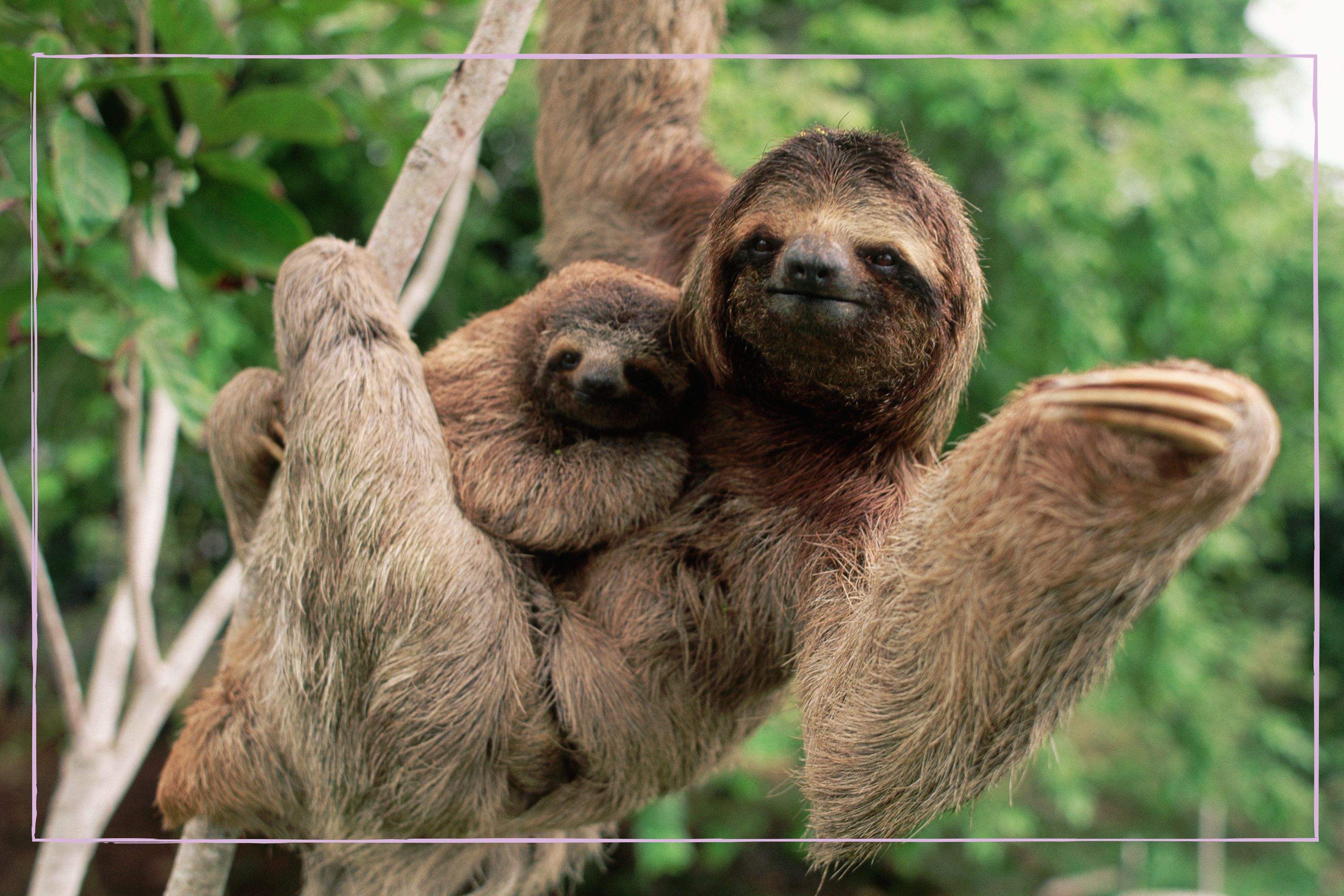What parents need to know about the Oropouche ‘sloth virus’ - we spoke to a Doctor
It's natural to worry when a virus is thought to be spreading


Parenting advice, hot topics, best buys and family finance tips delivered straight to your inbox.
You are now subscribed
Your newsletter sign-up was successful
Parents hearing about the Oropouche or 'sloth virus' for the first time, might naturally be concerned. We spoke to a Doctor to find out how it might affect children and what caregivers need to know.
Concerns about childhood illness and caring for a child who is unwell, is one of the hardest part of being a parent. Whooping cough made a comeback recently, and spikes in scarlet fever cases are often reported. Whenever a virus makes the news, it's often accompanied by worried parents wondering what information to arm themselves with, and what they need to know.
Oropouche, or the 'sloth virus,' is the latest illness making the headlines, bringing that uncomfortable feeling of concern with it. The term ‘sloth virus’ is a little misleading - the virus initially emerged in areas where sloths are found. However, it isn't spread by sloths or with anyone coming into direct contact with them. To find out more about it, we spoke to Doctor Stuart Sanders who specialises in child health and obstetrics, and his information and opinion will put a lot of minds at rest.
This article is for information only, and shouldn't be substituted for medical advice from your own GP, should you need it.
How does the Oropouche 'sloth virus' affect children?
Dr Sanders says "The Oropouche virus is a newly identified infection which is currently being investigated. There is no current evidence about its effects on children, nor whether it is a serious infection. Symptoms are similar to other virus infections, and include a temperature, muscle pain and joint stiffness, and headaches."
He adds "Although we don't yet know how it will effect children, I believe that Oropouche virus will cause symptoms like other general virus infections. There do not appear to be any fatalities reported in children."
Oropouche usually spreads in the Americas, but has made the headlines after being detected in Europe for the first time, and was found in some people returning from Cuba or Brazil. The virus is spread to humans by midges and mosquitoes, and the ones responsible for spreading it don't exist in Europe - no case of human-to-human spread has ever been reported.
According to Live Science, the risks of the disease spreading around Europe is unlikely.
Parenting advice, hot topics, best buys and family finance tips delivered straight to your inbox.
Should parents be worried about Oropouche virus
Dr Sanders simply states "Absolutely not." He adds "The only families who might need to worry are those who've travelled to South or Central America, particularly the River Amazon basin region." Aside from this, reporting on the virus is merely for informational purposes in the UK, and not meant to cause concern to families.
Live Science suggests Brazil made reports of suspected Oropouche cases passing between mothers and their unborn babies - it was thought this could potentially lead to poor outcomes, including pregnancy loss and microcephaly (smaller than average head size.) However, these reports are still being investigated and there's no firm evidence to confirm negative outcomes, which remain under investigation.
For more on childhood illness, we have information on Strep A in kids, hand, foot and mouth disease, and slapped cheek syndrome.

Dr Stuart Sanders is a GP at The London General Practice. He holds diplomas in child health and obstetrics and has been presented with the Huntarian Society and The Independent Doctors Federation medals. Dr Sanders has considerable experience in family medicine and has recently been awarded the Fellowship of the Royal College of General Practitioners by Assessment.

Lucy is a mum-of-two, multi-award nominated writer and blogger with six years’ of experience writing about parenting, family life, and TV. Lucy has contributed content to PopSugar and moms.com. In the last three years, she has transformed her passion for streaming countless hours of television into specialising in entertainment writing. There is now nothing she loves more than watching the best shows on television and sharing why you - and your kids - should watch them.